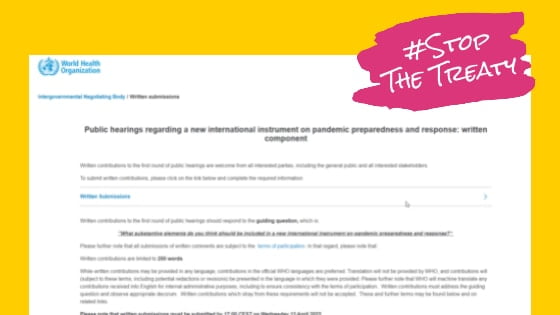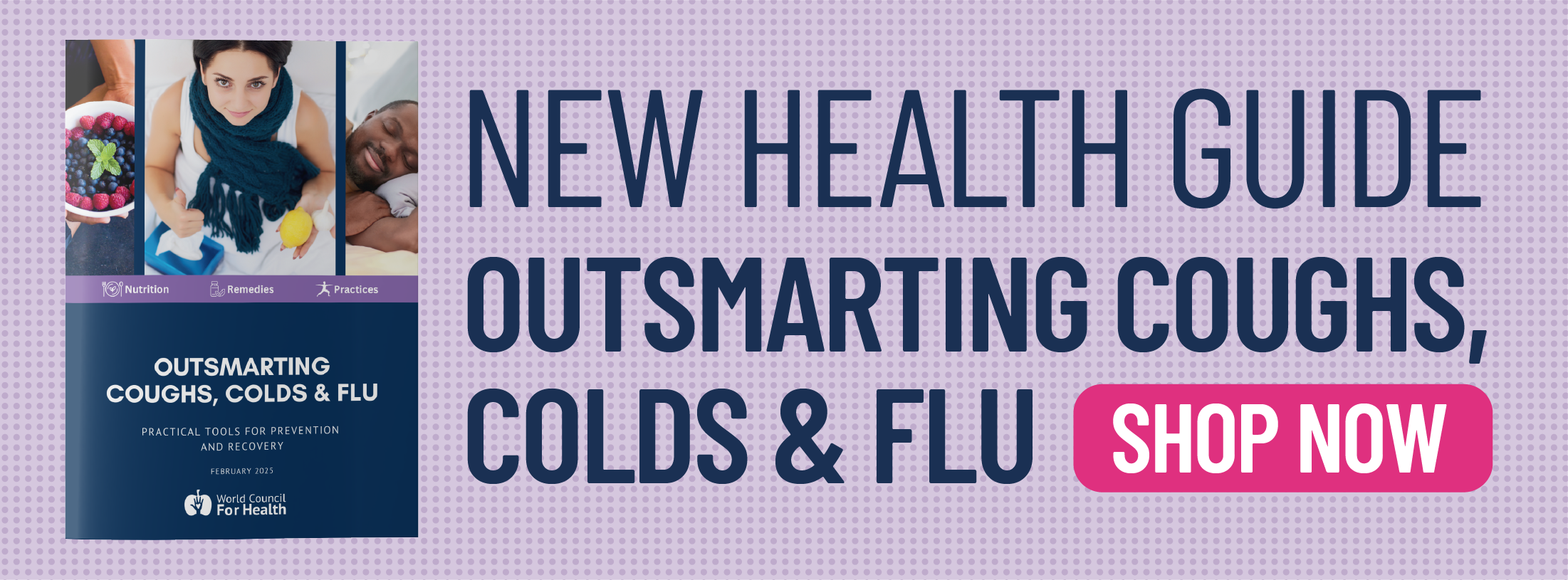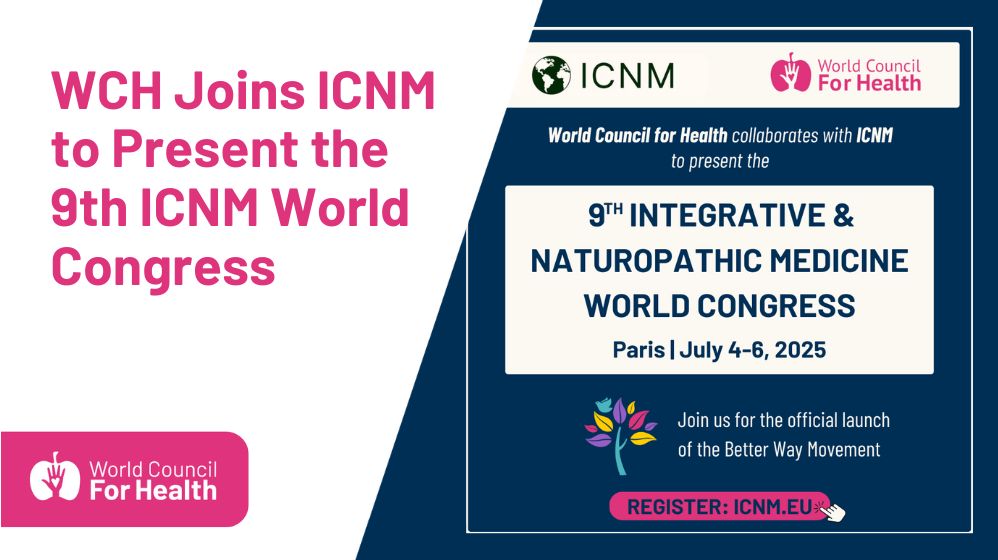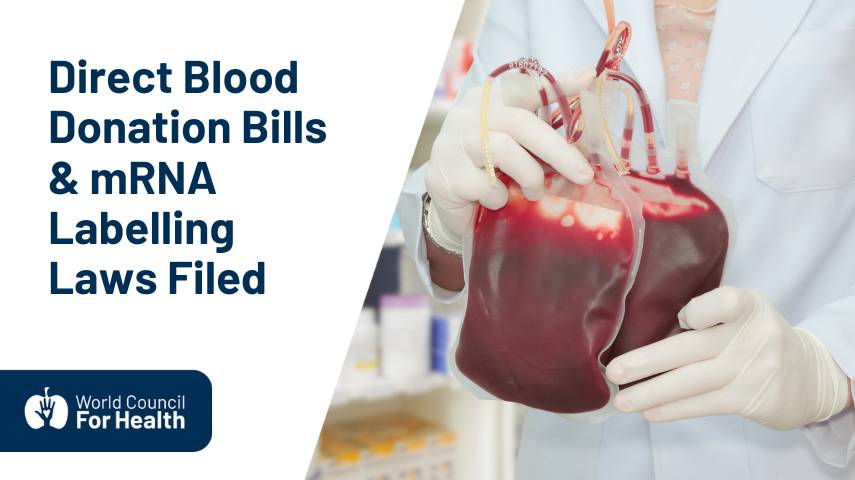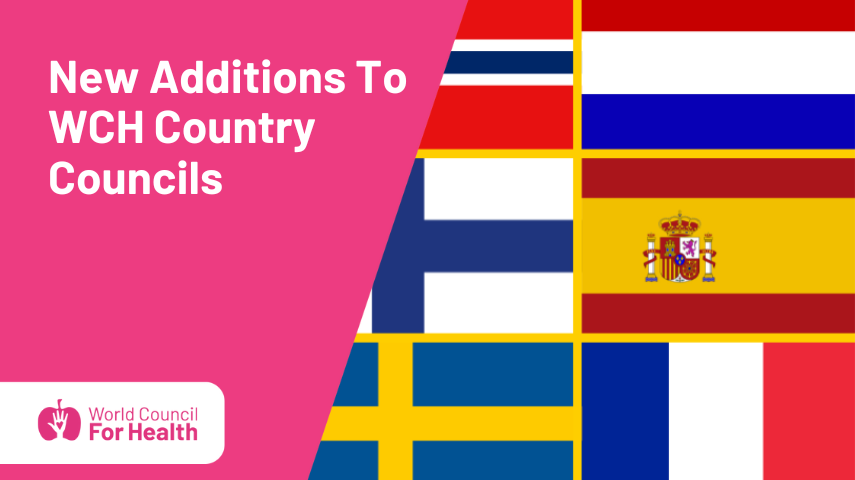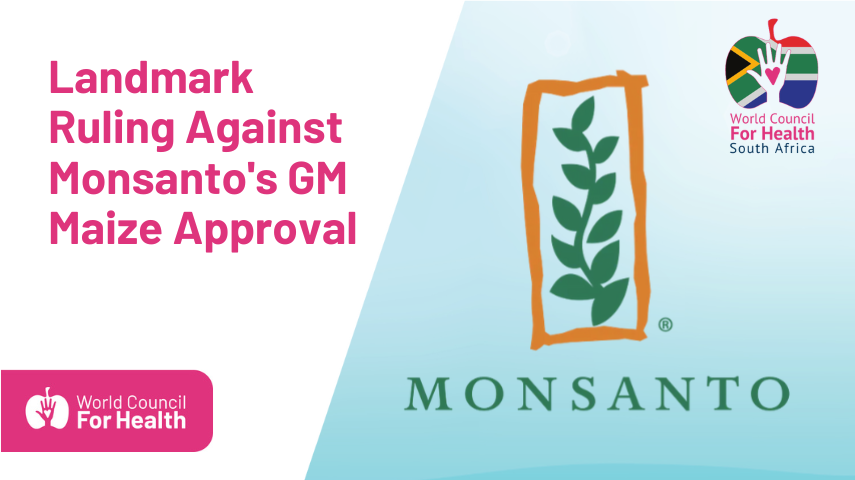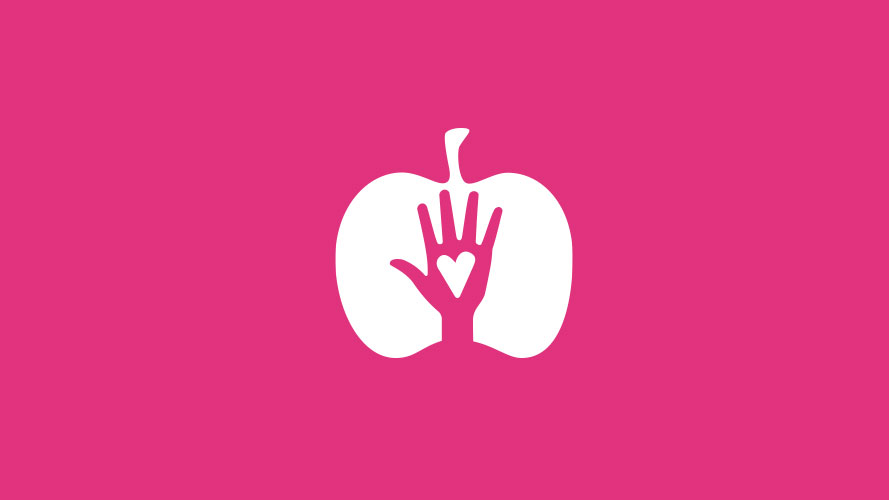
Please note: This written submission period ended on April 13, 2022.
As the World Council for Health (WCH), our partners and allies have already sought to draw attention to, the World Health Organization (WHO) has proposed a global pandemic agreement that will give it undemocratic rights over sovereign people. See the WCH Open Letter in response to this attempted power grab here.
WHO has quietly opened the floor for comments on the agreement but has provided little time to do so ahead of the first round of hearings scheduled for April 12 and 13, 2022.
We encourage everyone to share their thoughts with World Health Organization before the deadline.
1. Go to the World Health Organization website to submit a written submission now
Written submissions are short and can be up to 250 words/1250 characters. The deadline for written submissions is 3 pm UTC on Wednesday, April 13, 2022.
- Submissions must be in response to the provided guiding question: What substantive elements do you think should be included in a new international instrument on pandemic preparedness and response?
The prompt provided by the WHO does not ask the people of the world whether or not they believe a global agreement is necessary. Instead, the organization has decided for itself that this measure is warranted and is asking for input on what people believe should be included in it.
How to Write Your Submission
- Refrain from making any statements unrelated to the topic at hand; and
- Be presented in a respectful manner, free of any profanity, ad hominem attacks, vulgarity, or other inappropriate language.
- If participation, spoken or written, does not conform with these requirements, as determined solely by WHO, the participation will not be receivable. This means that WHO may call speakers to order, and/or discontinue speakers’ connections, and elect to not post written statements.
Why do I need to frame my submission using WHO’s provided context?
Because the WHO reserves the right to judge the relevancy of submissions, it is important to respond to the prompt in an appropriate yet constructive manner. As such, the World Council for Health suggests the following elements be addressed:
- National and local leadership retain full autonomy, reserving the right to make decisions based on what is best for their own people.
- The ability of nations and local municipalities to opt out of any and all portions of the agreement as they see fit, without consequence.
- An open and transparent process with the ability for all people of the world to vote on including failsafe measures that will prevent the application of the global agreement in places where a majority of the people do not want it.
- Measures that do not allow for influence in the process by any and all pharmaceutical companies or other global health profiteers.
The hearing will be livestreamed here on Tuesday, April 12, 2022.
2. Relay your action on Social Media
Make Some Noise on Social to #StopTheTreaty
Public health is not a one-size-fits-all program. We need people and communities in control of their health. Submit a comment today to #StopTheTreaty
Screenshot your submission on the WHO page (just before you submit it) and Tweet it to let others know how it’s done.
Also share on Minds, Gettr, and everywhere else you think it’s important.
Use the hashtag #StopTheTreaty so we can unify our voices, and @WCH_org and @WHO on Twitter.
[wp_social_ninja id=”66527″ platform=”twitter”]
#StopTheTreaty
The WHO agreement is unnecessary and threatens our sovereignty and inalienable rights
The WHO aims to confirm the pandemic agreement in the 77th World Health Assembly in 2024, but it could happen much sooner. World Council for Health will continue to raise awareness through campaigning against this undemocratic move.
